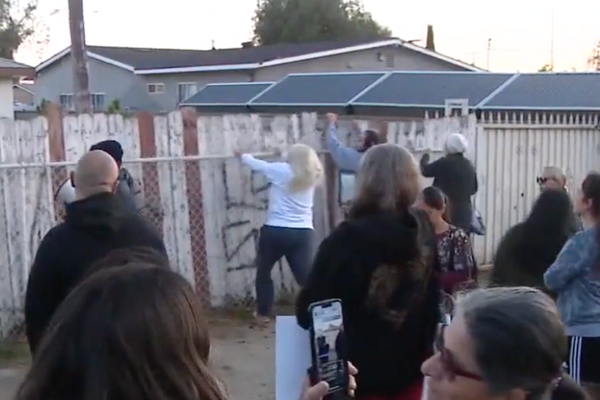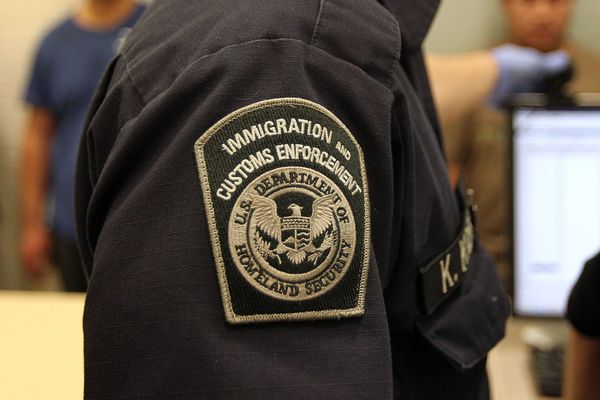
A Coalition government would find new ways to make drivers of electric vehicles pay to use Australian roads, the opposition’s transport spokesperson says, but details won’t be revealed until after Saturday’s election.
When attempting to clear up lingering confusion about the opposition’s position on the fringe benefits tax (FBT) exemption for electric vehicles, Bridget McKenzie said on Sunday that the Coalition opposed the exemption on equity grounds.
“We don’t think it’s fair that people that live in places like Donnybrook and McEwen are subsidising those that can afford to purchase an electric vehicle,” McKenzie told the ABC’s Insiders program.
“We need to make sure we’ve got a system for road funding that ensures that everyone who drives on the road, from our truckies to passenger vehicles, makes a contribution.”
The Nationals senator said EV users were “not contributing to our road task” because they did not pay fuel excise.
“Everyone who uses our roads should contribute to actually making sure they’re maintained to the appropriate standard,” McKenzie said.
But she refused to be drawn on exactly how the Coalition envisaged EV drivers would make “contributions” – despite being asked repeatedly if a Peter Dutton-led government would introduce road user charges.
“When we get into government, that’s something we have to look at,” the transport spokesperson said on Sunday.
McKenzie’s comments came after an about-face from Dutton last week when he confirmed on Wednesday that the Coalition would scrap the popular FBT exemption for EV drivers, despite suggesting on Monday it would not.
McKenzie took aim at constituencies in wealthier parts of Melbourne, saying “low- and middle-income earners in seats like McEwen, in seats like Hawke, in Bendigo here in Victoria, they’re effectively subsidising wealthier individuals in Kooyong, in Brighton, and other areas, who can afford to pay for an EV”.
“We don’t think that’s fair,” she said.
The Coalition is facing a battle to reclaim the seats of Kooyong and Goldstein – the latter of which includes the Melbourne suburb of Brighton – from “teal” independents Monique Ryan and Zoe Daniel.
The FBT exemption, a 2022 Albanese government initiative, allows people who purchase an EV worth up to $91,387 through their employer to avoid fringe benefits tax, even if the car is for personal use.
The tax break applies to 100% electric cars, but until the beginning of this month it also applied to plug-in hybrid vehicles. The exemption has been so popular that revised Treasury forecasts estimate it could cost $560m a year.
In 2023, the high court found the Victorian government’s attempt to impose an electric vehicle tax to be unconstitutional because only the commonwealth had the power to impose excise taxes on consumption.
The Victorian government was ordered to repay about $7m collected from drivers of electric, hydrogen and plug-in hybrid vehicles since the tax came into effect in mid-2021.
The Electric Vehicle Council chief executive, Julie Delvecchio, said on Sunday it was “a myth” that road maintenance was funded solely by the fuel excise, which electric vehicle drivers didn’t pay.
“Roads are paid for out of consolidated revenue, and therefore all taxes contribute,” Delvecchio said.
“Most EV owners live outside of the inner cities, and have purchased electric vehicles to reduce their commuting costs – precisely the behaviour we should continue to encourage.”
She said given transport comprised more than 20% of national emissions, incentivising EV adoption should be the priority before road use charges were considered.
“We also need to consider the whole range of costs on our health system and environment from polluting petrol and diesel vehicles which we end up paying for as taxpayers,” Delvecchio said.
“We should absolutely have a conversation about improving the tax system, but that conversation needs to be holistic and appropriately timed to be useful.”
Guardian Australia contacted the Coalition’s campaign headquarters for comment.







